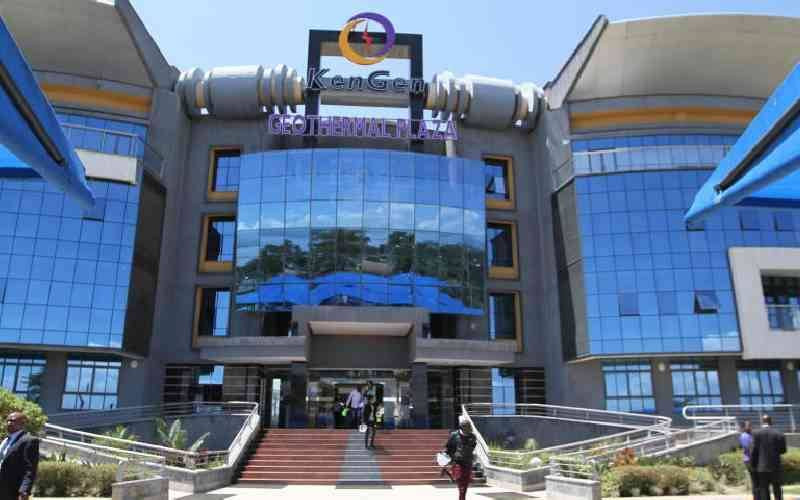×
The Standard e-Paper
Smart Minds Choose Us

Kenya Electricity Generating Company (KenGen) has reported a drop in profit for the half year to December 2022, which it attributed to higher operating costs.
The power producer said its profit after tax dropped marginally to Sh3.26 billion in the six months from Sh3.37 billion over a similar half in 2021.